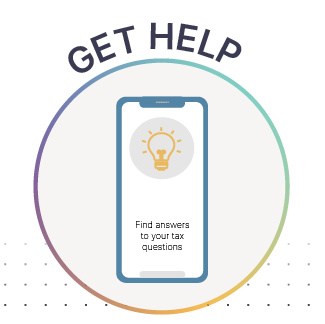If it’s from the IRS, the notice will inform you that the IRS has placed your tax account in CNC status. If you want more details about your tax account, you can order a transcript.
While your account is in CNC status, the IRS generally won’t try to collect from you. For example: It won’t levy your assets and income. However, the IRS will still assess interest and penalties to your account and may keep your refunds and apply them to your debt. You’ll also continue to receive an annual bill from the IRS as required under the law.
Before the IRS will place your account in CNC status it may ask you to file any past due tax returns.
If you request CNC status, generally, the IRS may ask you to provide financial information, to review your income and expenses and decide whether you can sell any assets or get a loan.
The IRS may collect the balance you owe if your financial situation has improved when they conduct an annual review of your income.
The IRS can attempt to collect your taxes up to ten years from the date they were assessed. The IRS may suspend the ten-year period in certain circumstances. The time the suspension is in effect will extend the time the IRS has to collect the tax.
The IRS won’t suspend interest and penalty charges, even if it stops trying to collect the balance due. You may want to consider other possible payment options within your means before asking the IRS to place your account in CNC status.
Note: If you have received transcripts that show “Balance due account currently not collectible – not due to hardship”, this is different from CNC hardship. If your case is CNC – not due to hardship, you will need to address your tax debt and determine payment options.



